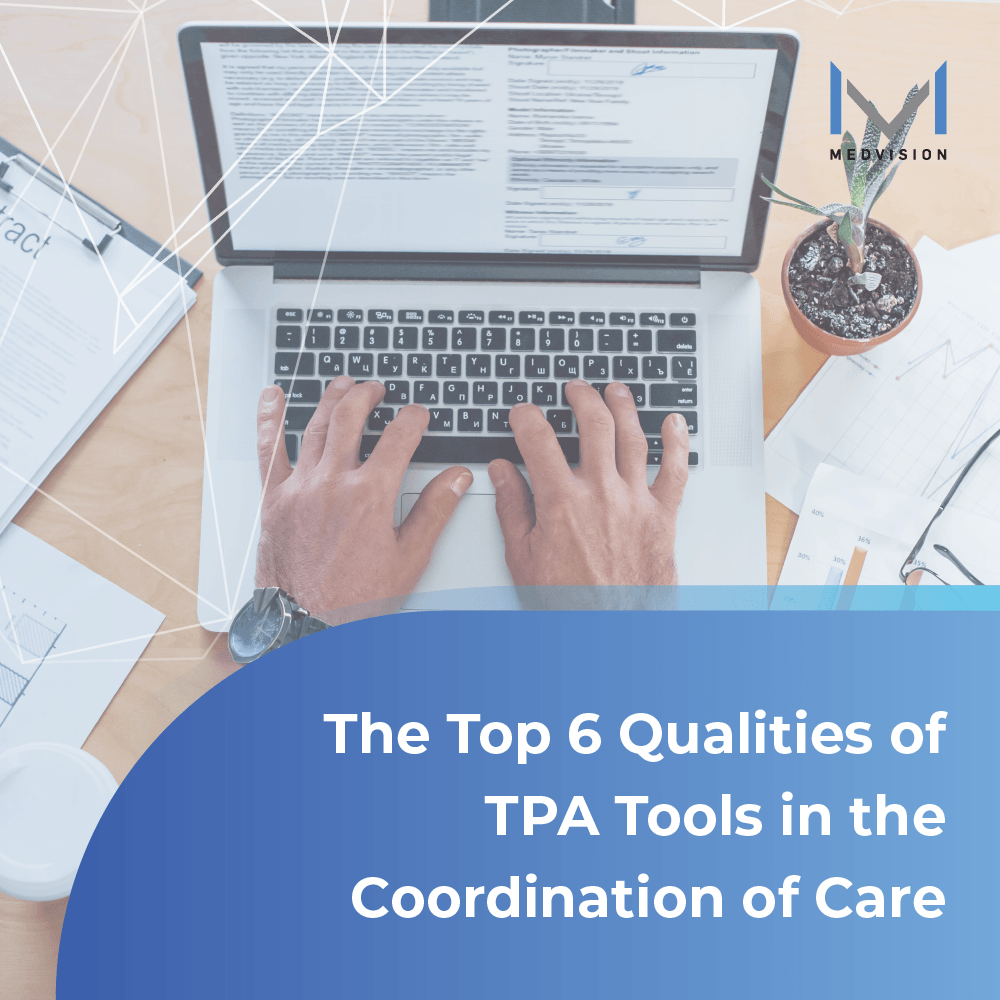The Role of TPA Healthcare Solution to Coordination of Care
When patients are admitted for treatment, it can be quite overwhelming if they process everything themselves. From processing claims to cashless payments to settlement procedures, unnecessary stress take an adverse toll on the patient’s overall health, recovery, rehabilitation, and coordination of care. A TPA healthcare solution is the optimal response for these issues in the coordination of care.
What Is a TPA?
A third-party administrator (TPA) works as an intermediary between the insurance provider and the policyholder. The key function of the TPA is to accept and process the claims and settlements from doctors, hospitals, and pharmacies while helping health plans stay in compliance with federal regulations.
How Does a TPA Function as a Healthcare Solution?
TPAs facilitate the efficient flow of reducing the administrative and financial burden of the workers’ compensation system. Employers pay service charges directly to TPAs for their help with claims processing administration, claim appeals, consultation, advice, and assistance on cost control strategies for lost-time claims, monitoring experience claim costs, and representing employers.
Additionally, TPAs provide rate analysis and financial impact studies to assist employers in making informed decisions. An important function of a TPA is cost reduction, allowing employers to reduce workers’ compensation premiums through group rate discounts and refund programs. TPAs also provide client education, workshops, and seminars to increase employer knowledge on the processes involved in the coordination of care of members.
The Importance of TPAs in Healthcare and Health Insurance
TPAs play vital roles in the healthcare and health insurance industry. Coordination of care would be a systemic concern if not for the assistance of TPAs in the healthcare industry. Some functions of TPA in healthcare and health insurance are to:
Issue health cards to the insured
This card contains vital member details such as policy number and the TPA responsible for claims processing. Member cards like these can be used for paper claims as well as electronic claims for easier coordination of care.
Expedite claim processing and settlement
Since TPAs are in charge of expediting claims as soon as it is initiated by the insured, they can ask for documentation to verify the claims, which can either be cashless or through reimbursement. Manual systems using paper claims can delay the process, so many TPAs prefer to use healthcare solutions for electronic claims.
Facilitate value-added services
Services such as ambulances, helpline facilities, wellness initiatives, and rehabilitation programs are often part and parcel of TPA healthcare solutions in the pursuit of exceptional coordination of care.
Strengthen hospital and healthcare networks
TPAs ensure the best facilities and hospitals are given to the policyholders for treatment programs and allow employers access to specialty networks. In enlisting these entities, TPAs enhance the coordination of care among the various organizations in its network.
How Can TPAs Enhance Their Healthcare Performance?
Since TPAs play a critical role in facilitating smooth and seamless claims processing, it is essential to their operation that procedures are accurate and efficient. Aside from being quick and convenient, data security is also fundamental in a solid claims processing solution. Another important factor to consider is the flexibility of the user interface (UI) as well as the customization options available.
QuickCap is the premium TPA healthcare solution that includes electronic claims processing functions as one of its many core features. Being at the forefront of innovation and technology, QuickCap’s intuitive and groundbreaking features have been acknowledged as among the best in the healthcare solutions industry.
Explore Related Blogs
Recently published articles
Keep in touch
Subscribe to get the latest update
Trending topics
Share your insights on social media
Upcoming events and company news


















